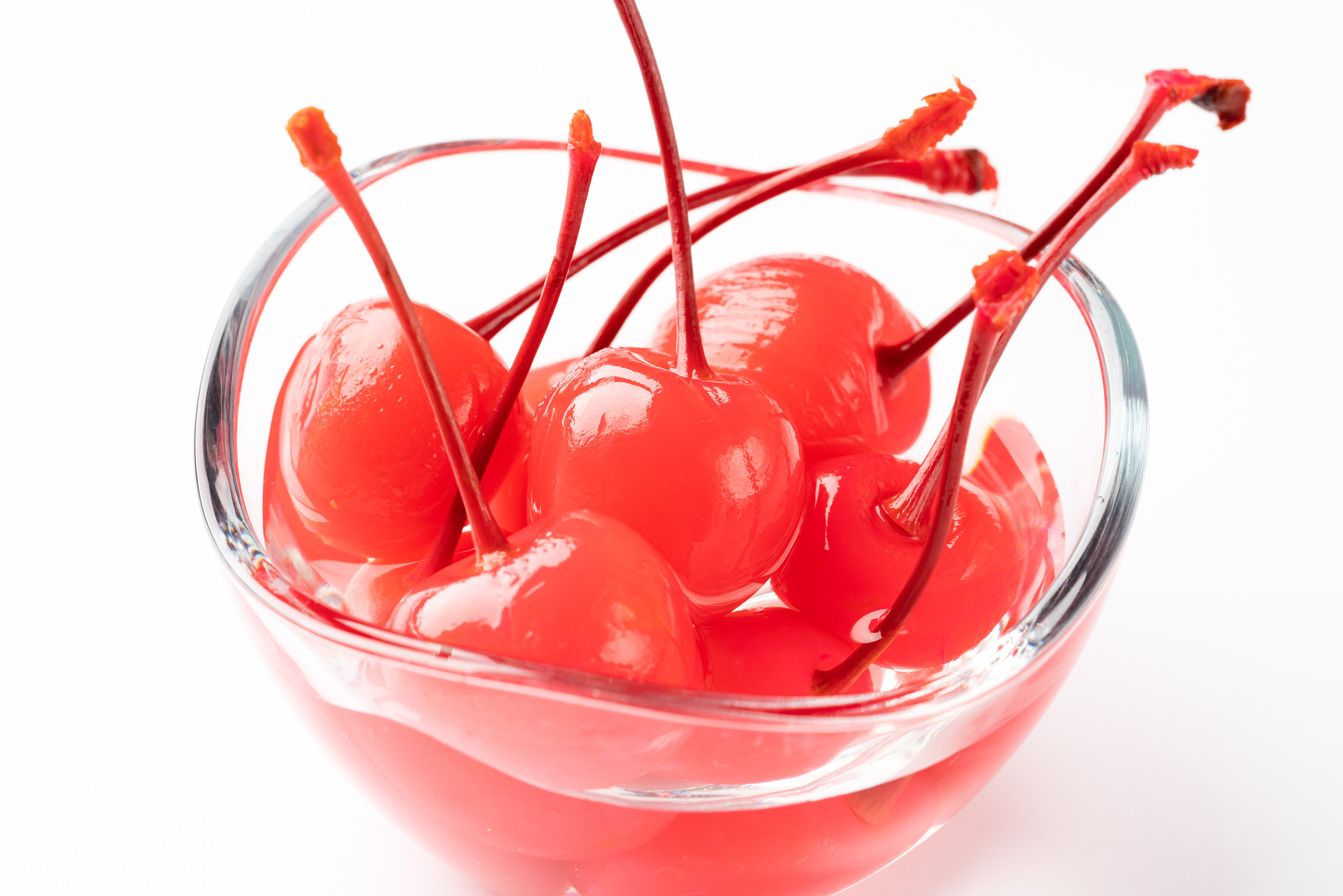Swearing is something that most people, at one point or another, have been told not to do. Swearing is something that we are taught is inherently “wrong”—so why does it sometimes feel so right?
There are occasions when letting out a biting swear word seems like the only way to adequately deliver your meaning. These words are more potent than the rest—in a heated discussion, it can intensify your point and communicate the vigor of your emotions, while moments of surprise and happiness are punctuated with the punchiness of a crude word.
Well, it turns out that there are many ways swearing makes its way into our communications, and that swearing has psychological benefits—it has the power to generate physical energy and take the sting out of pain.
In his book, The Stuff of Thought: Language as a Window into Human Nature, cognitive neurologist Steven Pinker explains the five ways we curse. We might employ descriptive swearing (we want to @#$%), or emphatic swearing (expressing how @#$%-ing much we want something). There’s also abusive swearing (which @#$%-er did this?) or idiomatic swearing (it’s so @#$%-ed up that they did this), and lastly, cathartic swearing, which is when swearing is employed in an attempt to relieve anger or pain. Maybe you can identify times where you have used each one of these types of swearing, but it is really the last use that demonstrates the power of curse words: they can alleviate pain.
“Swearing triggers a well-known stress-induced analgesia,” says Professor Richard Stephens, senior lecturer in psychology at Keele University. “It’s part of the fight or flight response. Adrenaline is released, the heart pumps faster, and we become more enabled to overcome an aggressor or make a swift getaway. Swearing helps many people better tolerate pain.”
However, this doesn’t mean that we should all run around with potty-mouths. If you want to maximize the benefit of swearing, you should still minimize its use in daily life. Just like other habits, the more you use it, the less reward you get each time. “People who swear most in everyday life get less benefit,” Stephens explains. “It seems that its emotional effect wears off through overuse.”
So, save up your curses for when you think you’ll reap the most reward for it, and don’t feel guilty when you do, because, at the end of the day, it’s good for you.
This story is part of our ‘Best of 2021’ series highlighting our top solutions from the year. Today we’re featuring lifestyle solutions.












